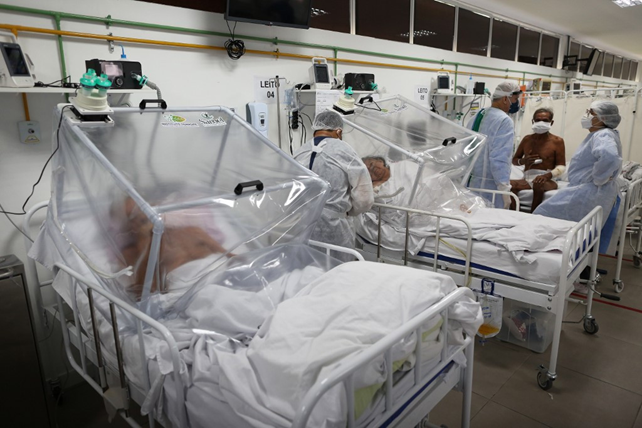
Although there is still so much, we don’t know about COVID-19, scientists have determined that patients with certain pre-existing conditions are more vulnerable to die from the disease caused by COVID-19 or experience more dire symptoms. Here is a look at the health conditions that make patients most vulnerable to COVID-19 and what steps you can take to protect yourself if you suffer from one of these ailments.
Diabetes
Type 2 diabetes is known to put you at risk for complications due to COVID and even Type 1 may lead to problems. The best way to avoid these complications is to properly manage your diabetes. Patients with blood sugar levels that are well-maintained do not face as high a risk as those with uncontrolled levels. Diabetics naturally have blood sugar levels that aren’t properly regulated by their own bodies – which is why they take insulin. The best way to avoid potential complications if you have diabetes is to follow your doctor’s recommendations and take your medication on schedules. It may be wise to have a 30-day supply stocked up; in case you have trouble getting to the pharmacy.
Heart Conditions
Heart problems are another category of pre-existing conditions that are known to cause health complications in COVID patients. This includes a history of heart failure, coronary artery disease, cardiomyopathies, and pulmonary hypertension. It’s important to listen to your doctor and follow your prescribed medication regimen. Exercise and a healthy diet can also help if you suffer from high blood pressure or cholesterol. The disease caused by COVID-19 puts stress on all your organ systems. Those with weakened systems are the most vulnerable to complications. The best way to avoid complications if you have a heart condition is to avoid harmful behaviors – like eating red meat or smoking – and get as much vitamin D and exercise as possible.
Lung Disease
Coronavirus primarily impacts the lungs and those with lung diseases should be on alert. Smokers and asthmatics should be especially cautious because they are among the most vulnerable. Quitting smoking is the best course of action for smokers and taking normal precautions with increased scrutiny is the best thing to do if you’re an asthmatic.
Those with lung cancer are also at risk. Consult your health care provider on the proper steps to prepare for COVID-19 if you have lung cancer. If you have mesothelioma – a rare type of lung cancer caused by exposure to asbestos – visit Asbestos.Net for resources on treatment and more.
This is an unprecedented pandemic that has changed the world in many ways already. The best thing you can do to keep yourself is to stay calm and consult the experts.